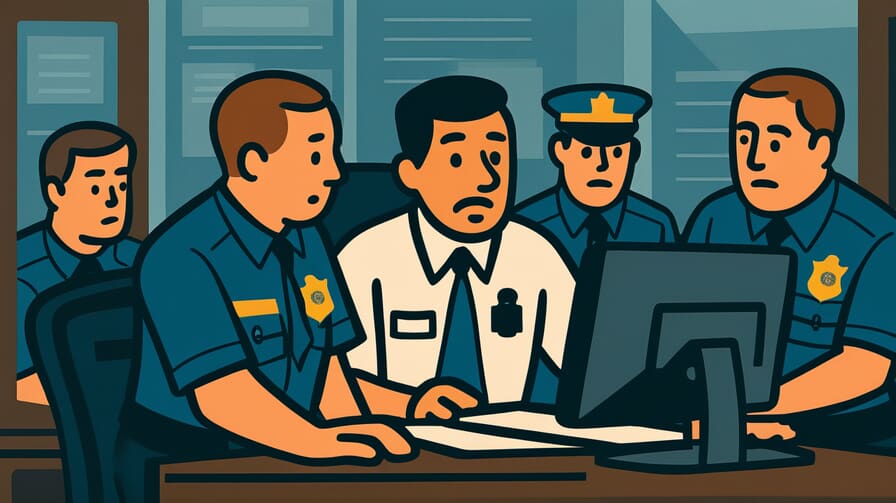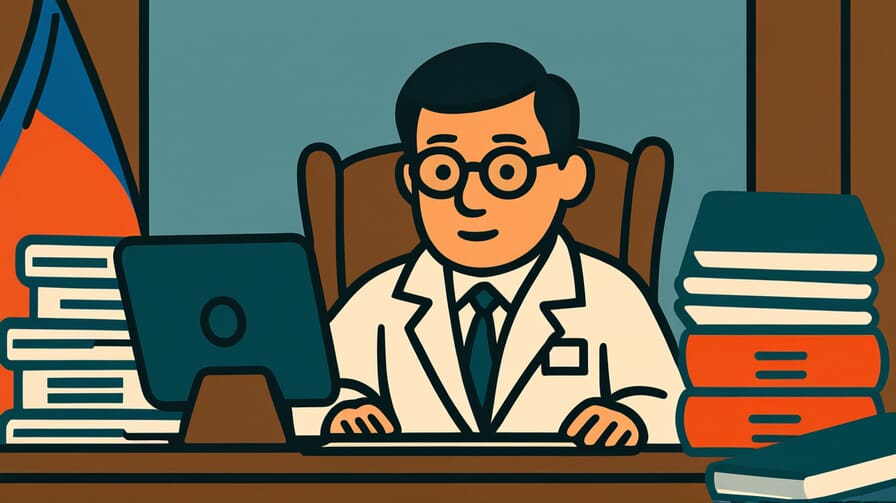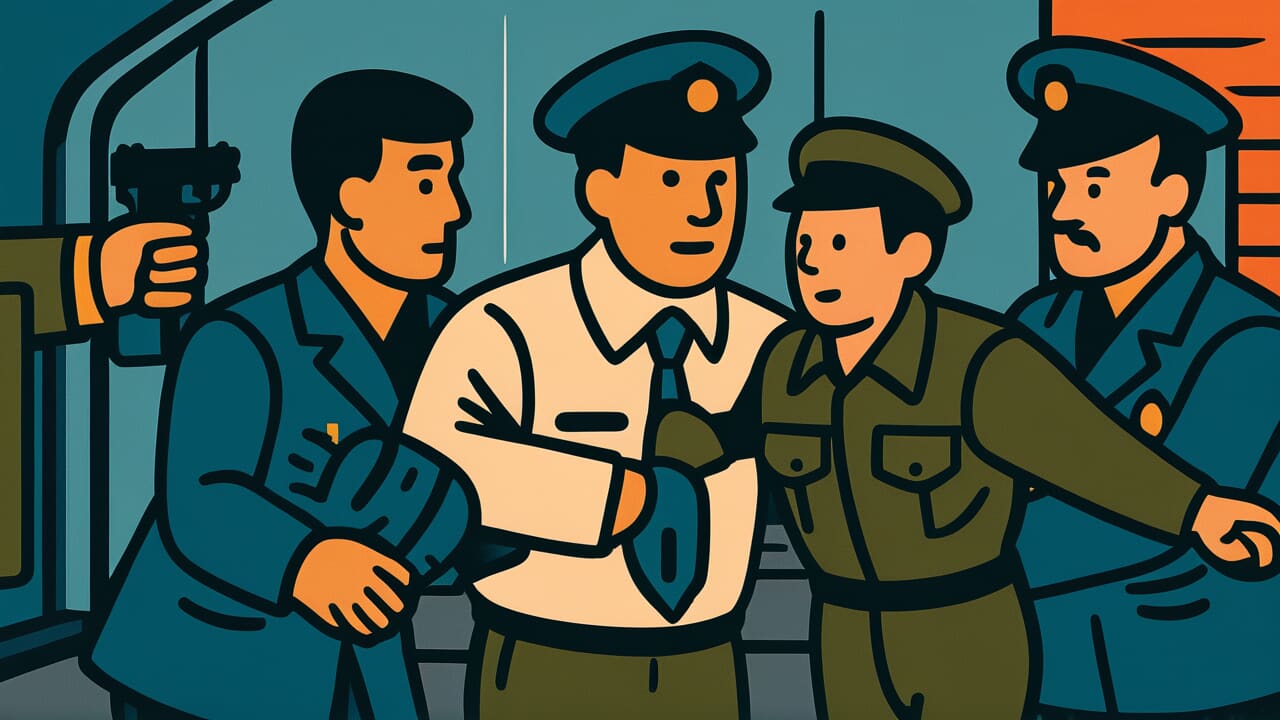[Disclaimer] This article is reconstructed based on information from external sources. Please verify the original source before referring to this content.
News Summary
The following content was published online. A translated summary is presented below. See the source for details.
A Russian photographer, Antonina Danilevich, has been sentenced to 13 years in prison for sharing open-source information with a foreign organization. Danilevich was accused of sending publicly available satellite images and maps to a Ukrainian environmental NGO. The court ruled this constituted “high treason” despite the information being freely accessible online. The case has sparked concerns about tightening restrictions on internet use in Russia, as even searching for or sharing open-source data could now potentially lead to severe criminal charges. Legal experts and human rights advocates have criticized the verdict as excessive and a further crackdown on freedom of information. The case highlights the increasingly broad interpretation of treason laws in Russia and the risks faced by citizens engaging in seemingly innocuous online activities.
Source: globalvoices
Our Commentary
Background and Context

This case is part of a broader trend of internet censorship and information control in Russia. Since the early 2010s, the Russian government has been tightening its grip on online spaces, introducing laws that restrict internet freedom and expand surveillance powers. The concept of treason has been increasingly loosely defined, allowing authorities to target individuals for a wide range of activities, including those involving open-source information.
Expert Analysis
Legal experts view this verdict as a significant escalation in Russia’s approach to information control. The criminalization of sharing publicly available data sets a dangerous precedent that could have far-reaching implications for academic research, journalism, and everyday internet use in Russia.
Key points:
- The case expands the definition of treason to include sharing of open-source information
- It creates a chilling effect on internet use and information sharing in Russia
- The severity of the sentence is disproportionate to the alleged offense
Additional Data and Fact Reinforcement
To put this case in context, consider the following:
- According to Freedom House, Russia’s internet freedom score has declined from 52/100 in 2012 to 30/100 in 2021
- Reporters Without Borders ranks Russia 155th out of 180 countries in its 2021 World Press Freedom Index
- The number of treason cases in Russia has increased five-fold since 2014, according to the Supreme Court of Russia
Related News
This case follows a pattern of similar incidents in Russia, including the arrest of journalists and researchers for alleged espionage or treason based on their work with open-source data. It also aligns with broader global trends of increasing digital authoritarianism and restrictions on online freedoms in countries like China, Iran, and Turkey.
Summary

The sentencing of Antonina Danilevich represents a significant escalation in Russia’s control over information and internet use. It sets a precedent that could have chilling effects on research, journalism, and everyday online activities in the country. This case underscores the growing risks associated with handling even publicly available information in increasingly restrictive digital environments.
Public Reaction
The verdict has sparked outrage among human rights organizations and digital rights advocates both in Russia and internationally. Social media campaigns calling for Danilevich’s release have gained traction, with many expressing concern about the implications for internet freedom in Russia. Some Russian citizens have reported feeling more cautious about their online activities in light of this case.
Frequently Asked Questions
Q: What exactly is “open-source information”?
A: Open-source information refers to data that is publicly available and accessible to anyone, often through the internet. This can include satellite imagery, maps, government documents, and other publicly released materials.
Q: Could Russians face similar charges for using search engines or sharing information online?
A: While this case doesn’t directly criminalize using search engines, it does create uncertainty about what online activities could be considered illegal. The broad interpretation of treason laws means that sharing or even accessing certain types of publicly available information could potentially lead to criminal charges.


